Hurricane Melissa devastated the southwestern part of Jamaica last month, leaving a trail of destruction in its wake. Jamaica's information minister described some parts as flattened, with at least 28 people confirmed dead. The storm made landfall on October 15, causing widespread damage to homes, businesses, and infrastructure.
Elaine Bradley, president of the local chamber of commerce in Negril, shared her firsthand account of the disaster. "The hurricane was a nightmare," she said. "Our town was hit hard, with many homes losing their roofs, including mine. The streets were filled with debris, and communication was difficult due to power outages and downed phone lines." Bradley attributed the resilience of the community to the strong bonds between residents. "We're a tight-knit community, and we're working together to rebuild and recover," she said.
The hurricane's impact was exacerbated by Jamaica's geography. Located in the Caribbean, the island nation is prone to hurricanes, which can bring strong winds, heavy rainfall, and storm surges. The southwestern part of the island, where Negril is located, is particularly vulnerable to these storms.
Recovery efforts are underway, with the government and international organizations providing aid and support. The Jamaican government has established a relief fund to help affected residents, and non-governmental organizations are providing food, shelter, and medical assistance. Bradley praised the efforts of the government and aid organizations. "It's been a challenge, but we're making progress," she said. "We're grateful for the support we're receiving, and we're working hard to get back on our feet."
As the island continues to recover, residents are also focusing on long-term solutions to mitigate the effects of future storms. Bradley emphasized the importance of investing in disaster preparedness and infrastructure. "We need to build stronger, more resilient homes and businesses that can withstand these storms," she said. "We also need to improve our emergency response systems, so we're better prepared to respond to disasters."
The recovery process is expected to take several months, with some areas still without power or access to basic services. However, residents remain optimistic about the future, thanks to the support of their community and the aid of international organizations. As Bradley noted, "We're a resilient people, and we'll get through this together."
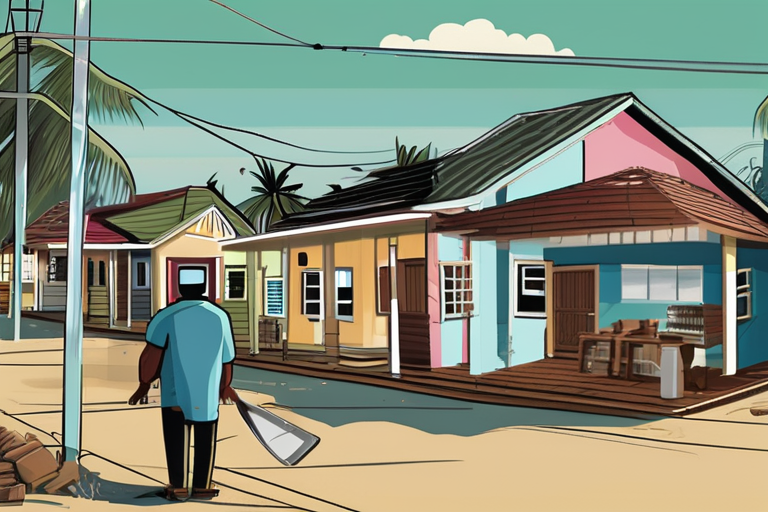



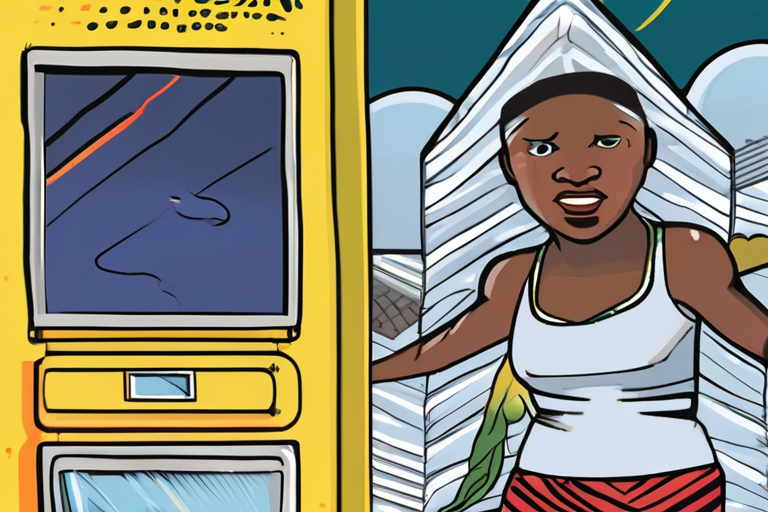
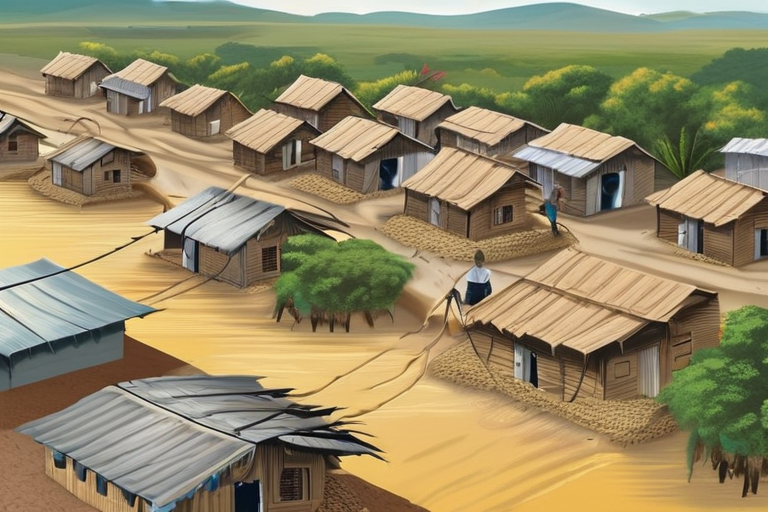

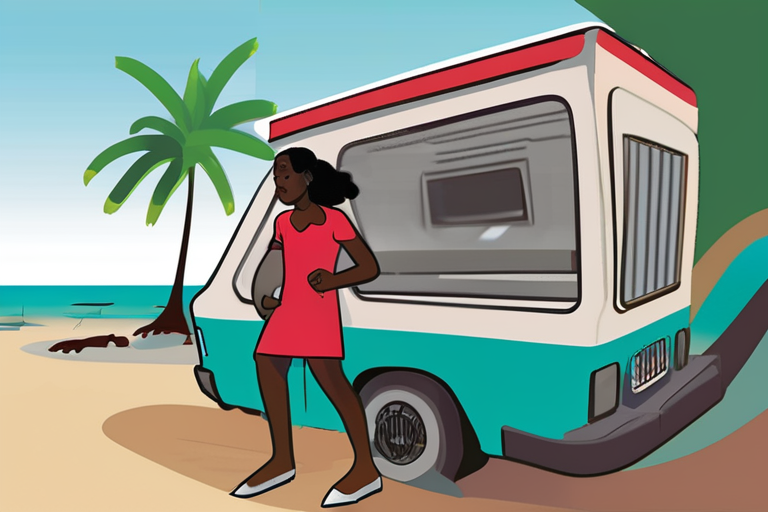

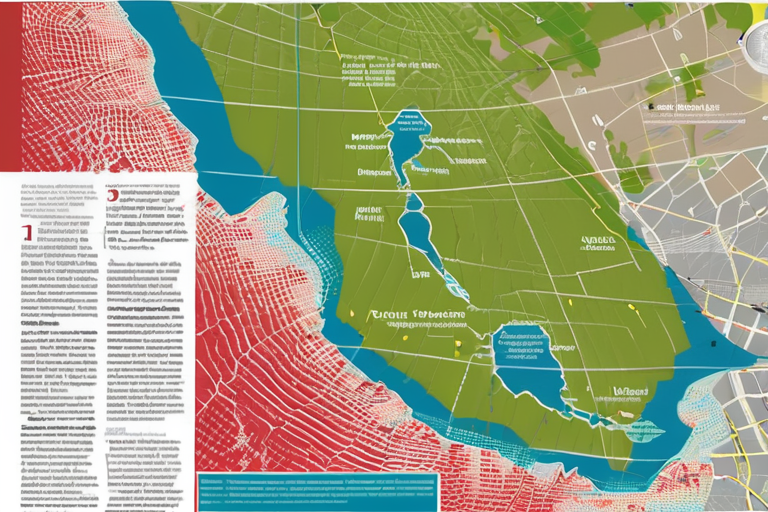
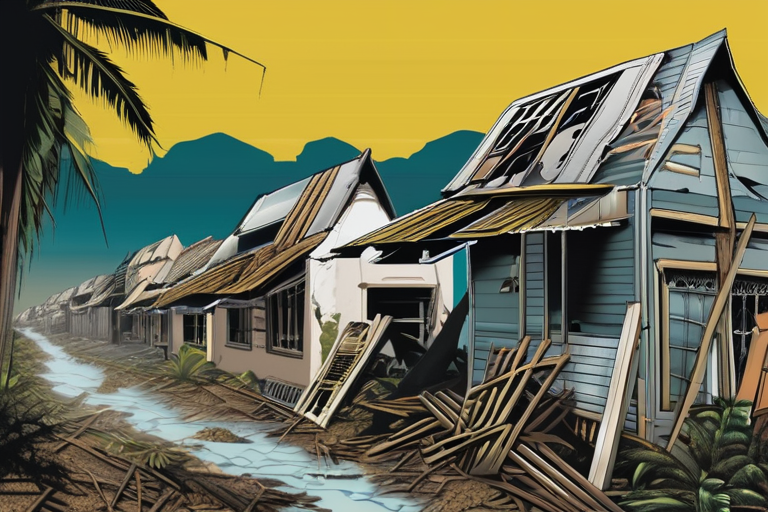
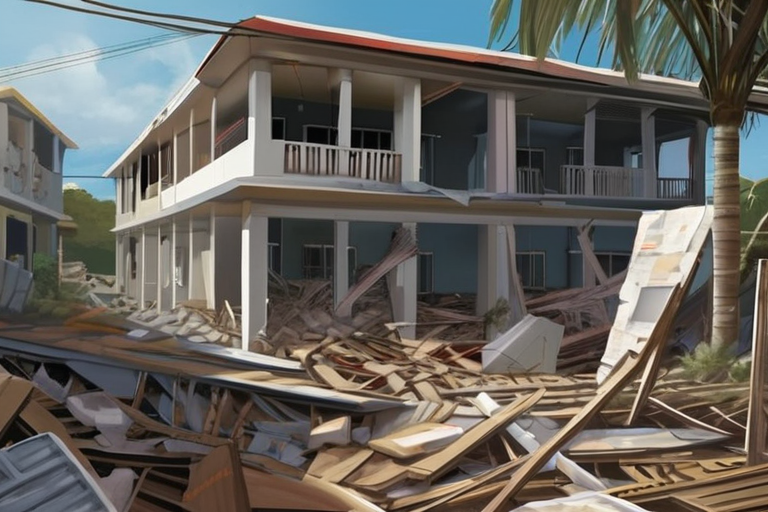
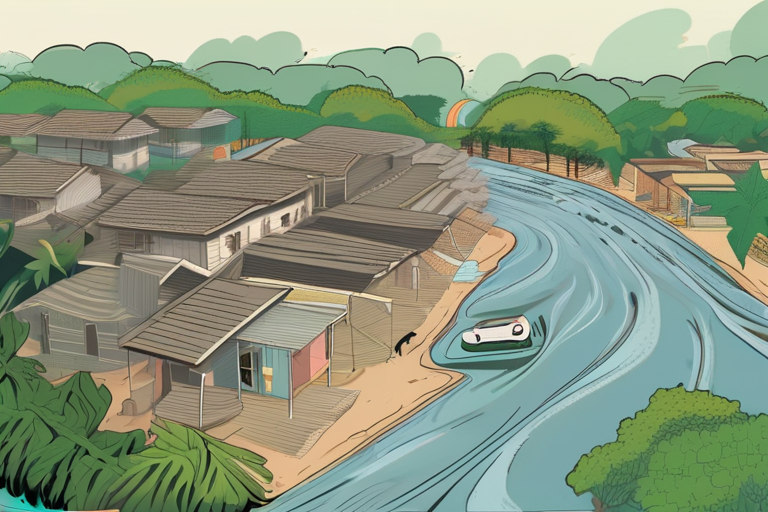

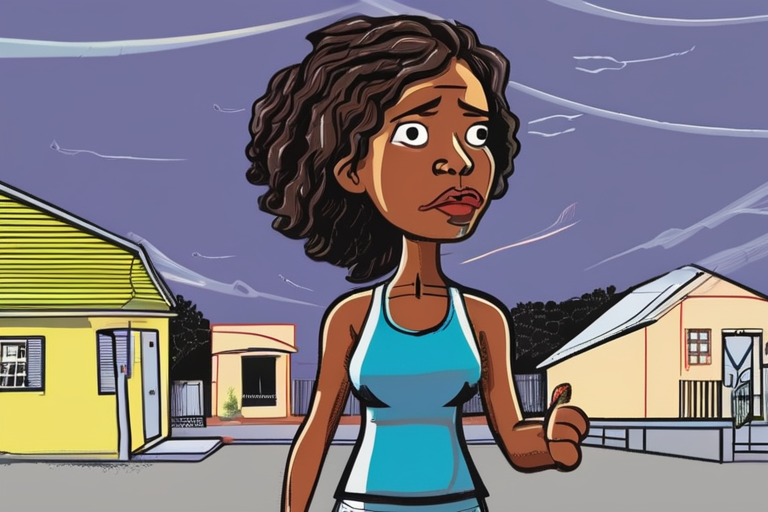
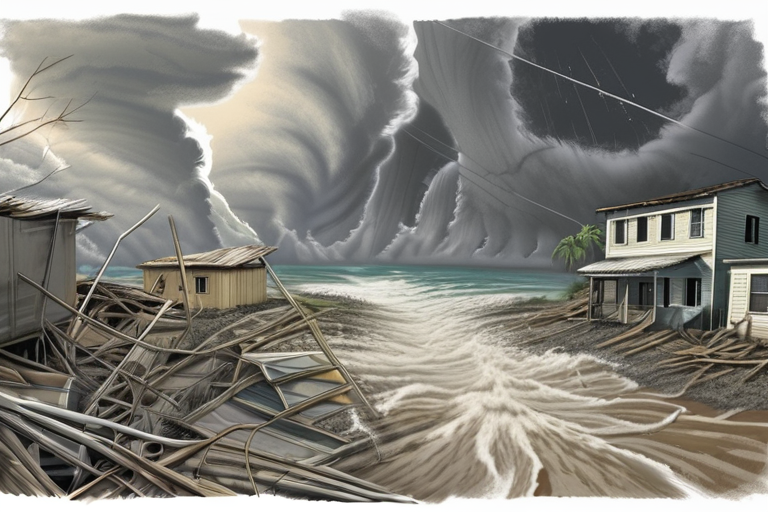
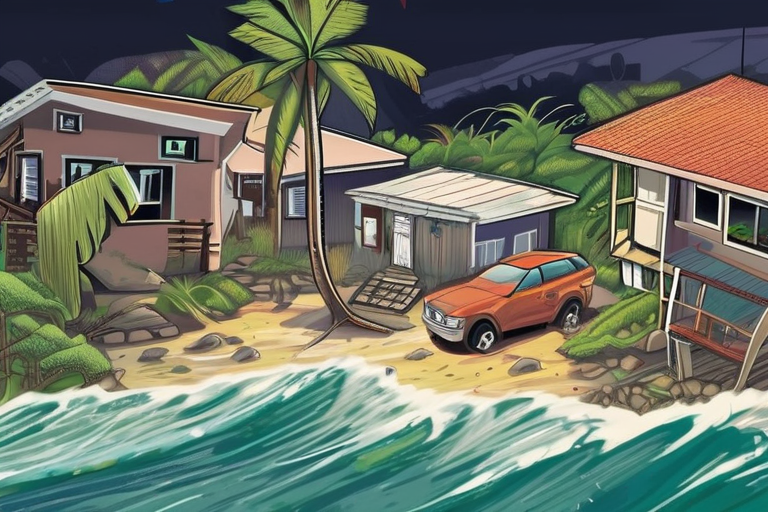
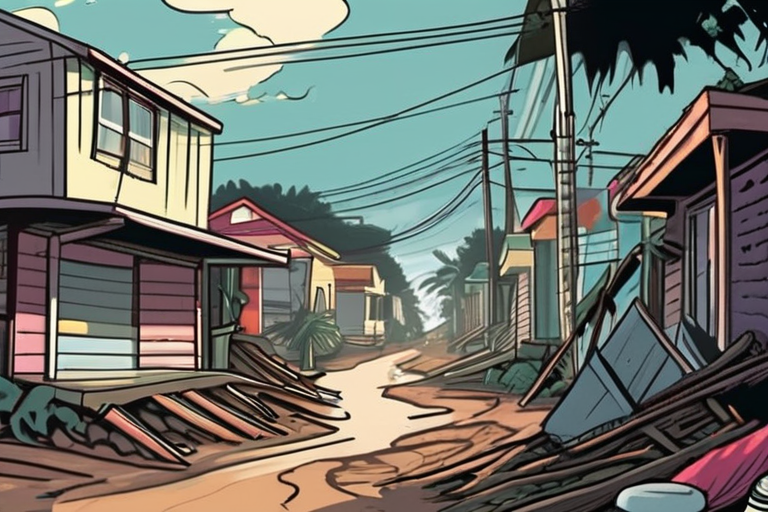
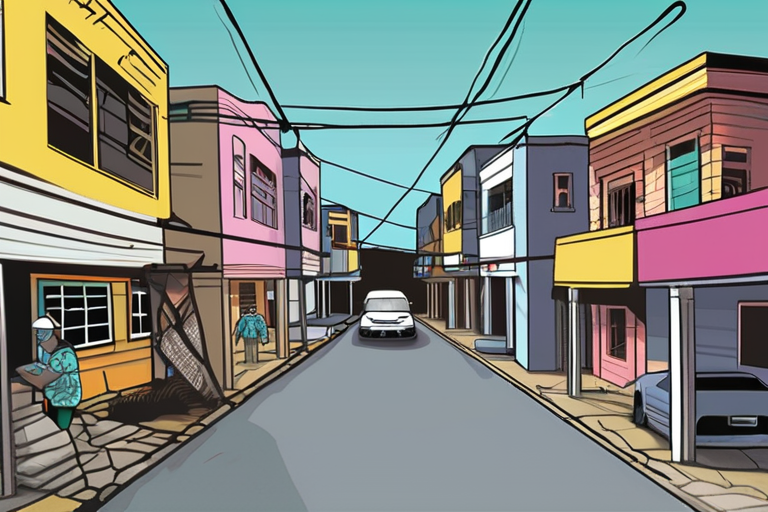
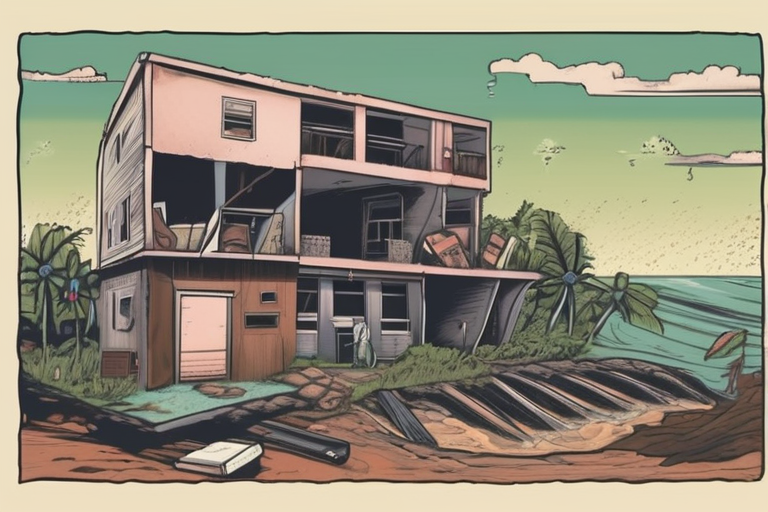
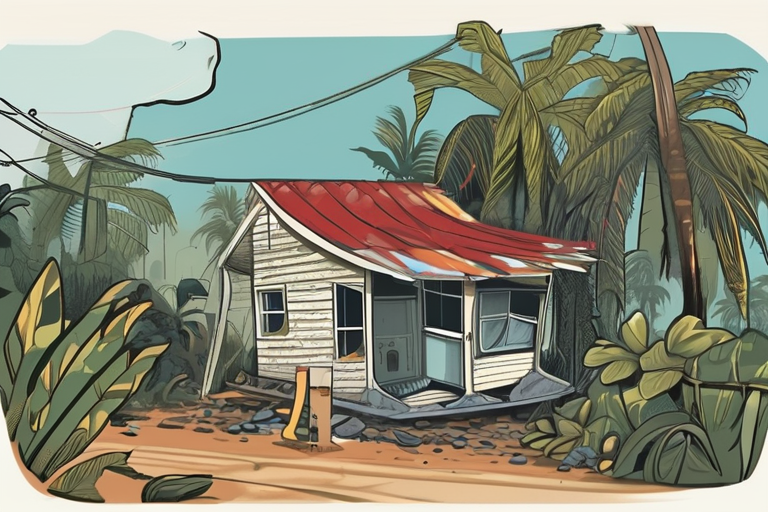

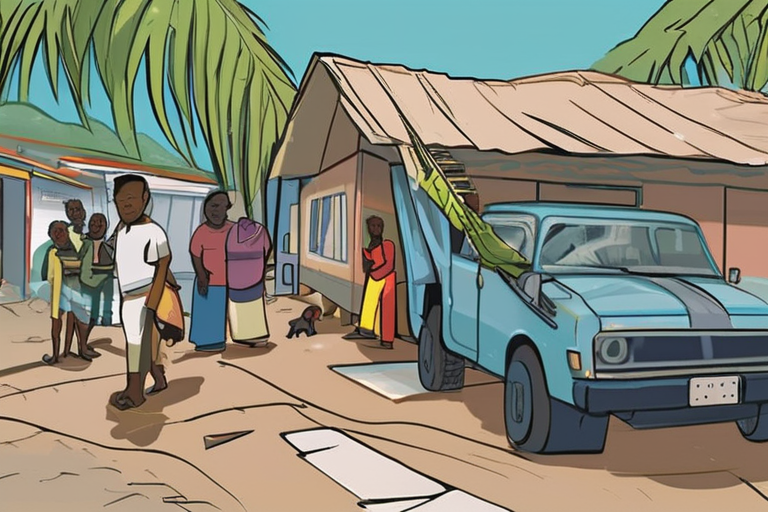

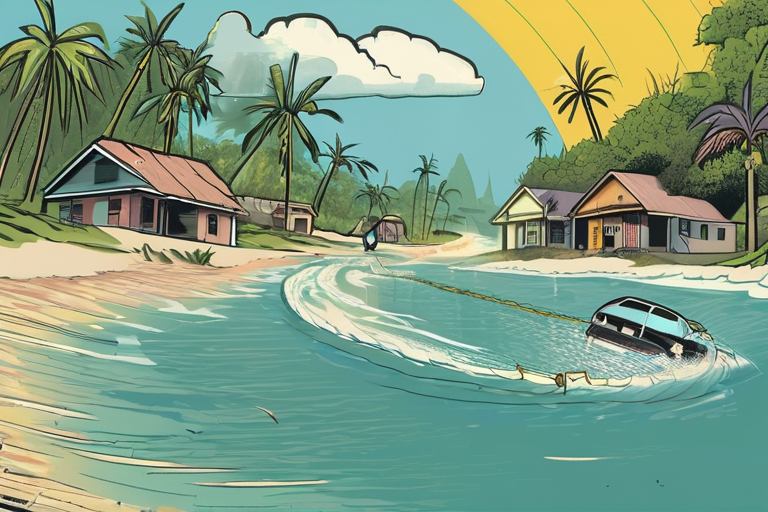
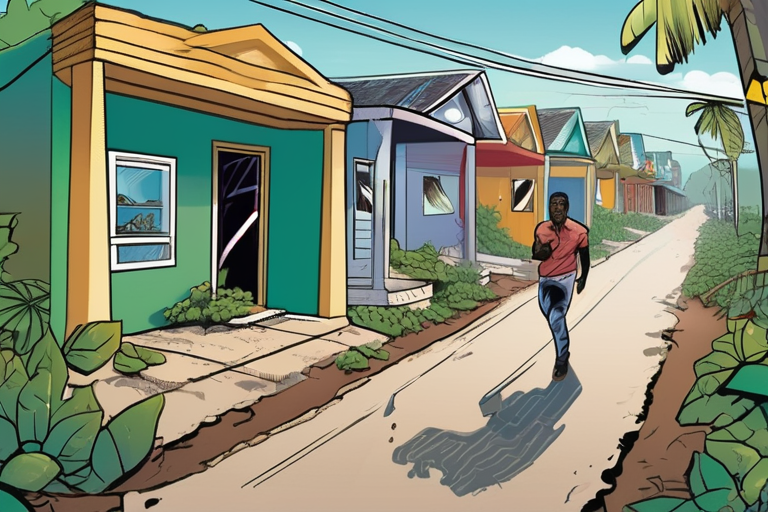
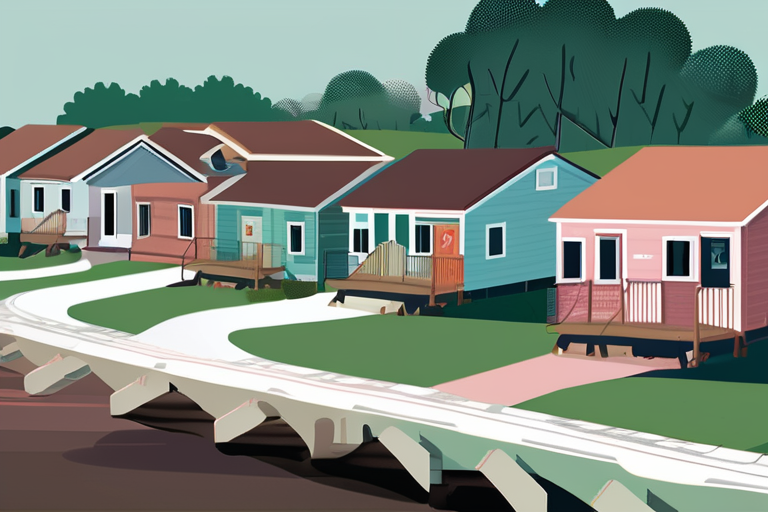
Share & Engage Share
Share this article